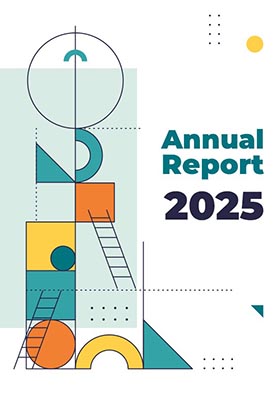Field of Research: Physical activity
Name of author) (s): Halaweh H, Willen C, Grimby-Ekman A. and Svantesson U.
Title of published work: “Physical functioning and fall-related efficacy among community-dwelling elderly people”
Name of Journal: European Journal of Physiotherapy
Year: 2016
Volume: 18 (1)
Pages: 11-17
Publisher: Taylor & Francis
Abstract:
Objective: The aim of this study was to assess the association between physical functioning and fall-related efficacy among community-dwelling elderly people.
Method: Participants (n = 176) were 60 years old and older. Data were collected using physical functioning tests: hand grip strength, Timed Up and Go (TUG), Short Physical Performance Battery (SPPB), Falls Efficacy Scale – International (FES-I) and History of Falling Checklist (HoFC). Statistical analyses were used to determine group differences with respect to age, gender and fall history, as well as the correlation between the total scores of the FES-I and hand grip strength, TUG and SPPB.
Results. Values of physical functioning measures were significantly higher in non-fallers than in fallers (p < 0.05). The FES-I total scores were positively correlated with TUG (rs = 0.615) and negatively correlated with hand grip strength (rs = –0.522) and SPPB scores (rs = –0.727). There were significant differences in the FES-I scores according to TUG and SPPB cut-off values (p < 0.001).
Conclusion: Higher physical functioning values were associated with a lower incidence of falling and a lower level of fear of falling. Maintaining and improving physical functioning should be considered as an important factor that may influence fall-related efficacy and risk of falling among elderly people.
Keywords:
Falling, functional performance, hand grip strength, Short Physical Performance Battery.
Contact author (s):
Name: Hadeel B.Y Halaweh, PhD.
Address: Department of Physiotherapy, Al Quds University
E-mail: This email address is being protected from spambots. You need JavaScript enabled to view it.


